There’s something special about the morning ritual of drinking coffee and reading the newspaper at your favorite neighborhood coffee shop that brings out the best in people. Maybe it’s because there’s nothing like hot java to wake you up after a solid night’s sleep, or maybe it’s just the friendly face of the barista behind the counter that makes all the difference in your day. Whatever it is, coffee shops play an important role in community development in several ways.
1) They’re Meeting Spots
All 24,000 coffee shops in the US open in the morning hours, and many are now open throughout the day. That’s wonderful since they’re not just places to get your caffeine fix. They’re also community gathering spots, and studies show that communities have a greater sense of social cohesion when there’s at least one central meeting place. Most local coffee shops fit right into that category.
2) They Drive Foot Traffic
Small businesses are local entities, so coffee shops bring foot traffic to these communities by attracting both passersby and loyal customers. This influx of people helps promote community engagement. For example, even if you just need a quick cup on your way to work, stopping at a coffee shop allows you to bump into friends, neighbors, and other regulars who also frequent that establishment. In addition, coffee shops create economic opportunities: Studies have shown that independent coffee shops tend to create more jobs than their corporate counterparts.
3) They’re Community Hubs
A coffee shop will sell an average of 230 cups of coffee every day. From your neighborhood Starbucks to your cozy local café, they attract all kinds of people—from regular patrons and baristas to newbies and tourists. Like community centers or town halls, they offer a space for members of a particular neighborhood or city to interact and connect. Coffee shops allow for unplanned interaction, spur impromptu meetings and encourage conversation—which is particularly important in an age when we spend so much time staring at our screens.
4) They Provide Jobs
As a neighborhood mainstay, coffee shops employ many—from baristas to managers and beyond. In addition to offering entry-level jobs to young people looking for work, they offer career opportunities for more experienced workers who want a job with flexible hours. Not only do employees often enjoy competitive pay and benefits packages, but the potential of the coffee industry is enormous. It has a 7% annual growth rate, so most businesses in the industry are due for expansion: hiring extra staff and adding quality to accommodate growing demand in specific neighborhoods.
5) They Support Local Businesses
Independent coffee shops have a genuine element that is not present in a corporate store. The owner of a local coffee shop is usually invested in his community and gives his customers the best quality products. This means buying locally produced goods whenever possible, providing local jobs for neighborhood residents, and investing back into community projects. It also allows customers to get to know these business owners on a more personal level, strengthening social bonds within your area.
Final Thoughts
Coffee shops are an essential part of many communities. They can serve as social centers, news hubs, relaxation oases, business meeting spots, and more. So as you get your morning cup of coffee today, remember that you’re not just improving your productivity; you’re also helping to make your community a better place to live.







